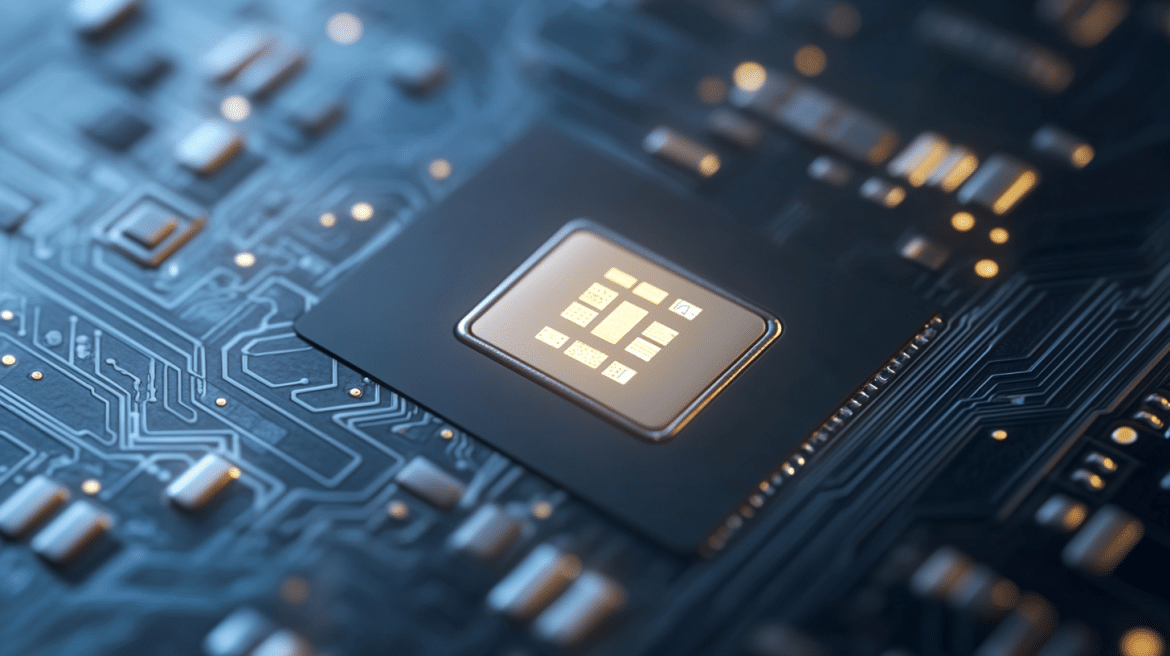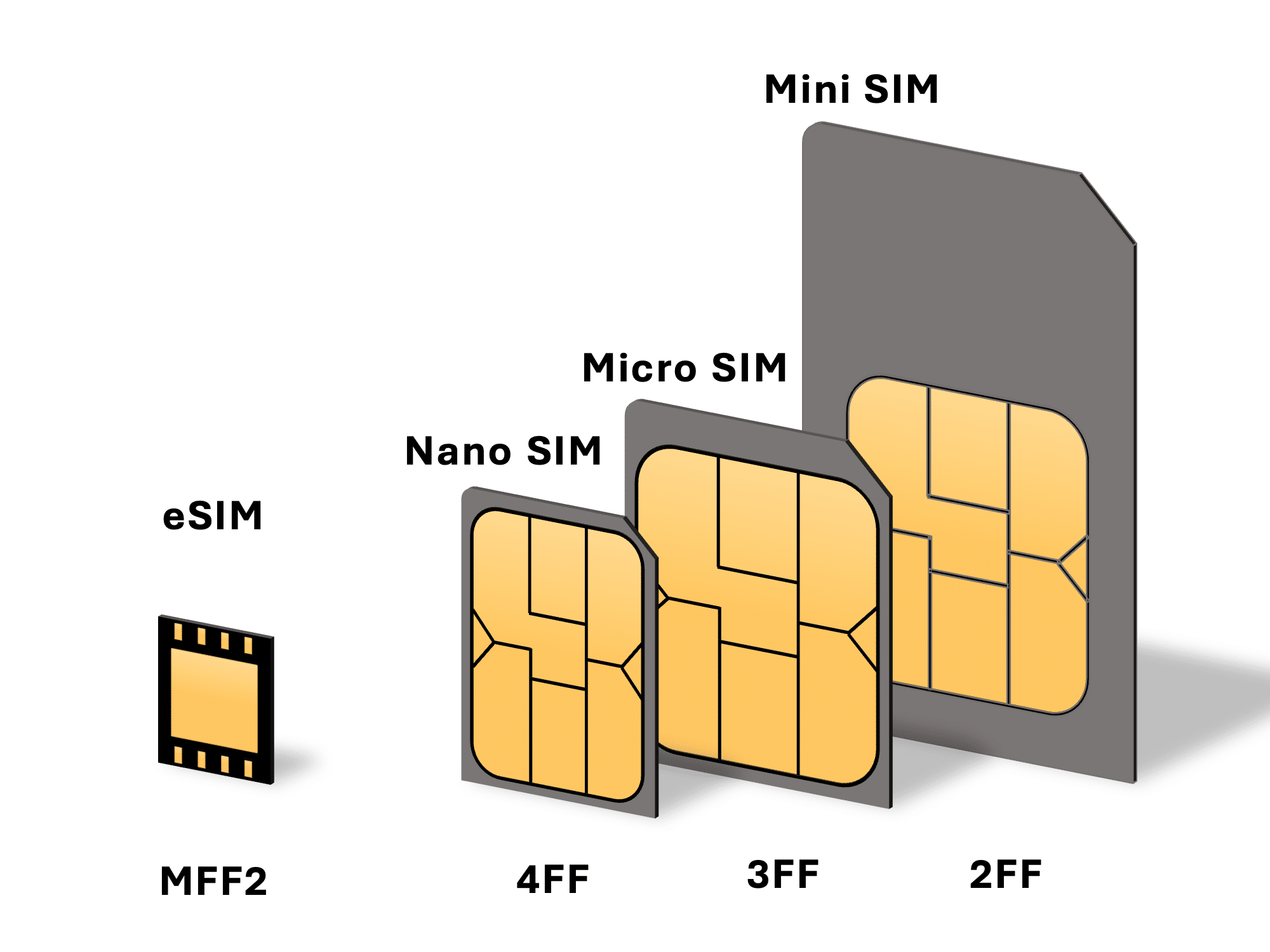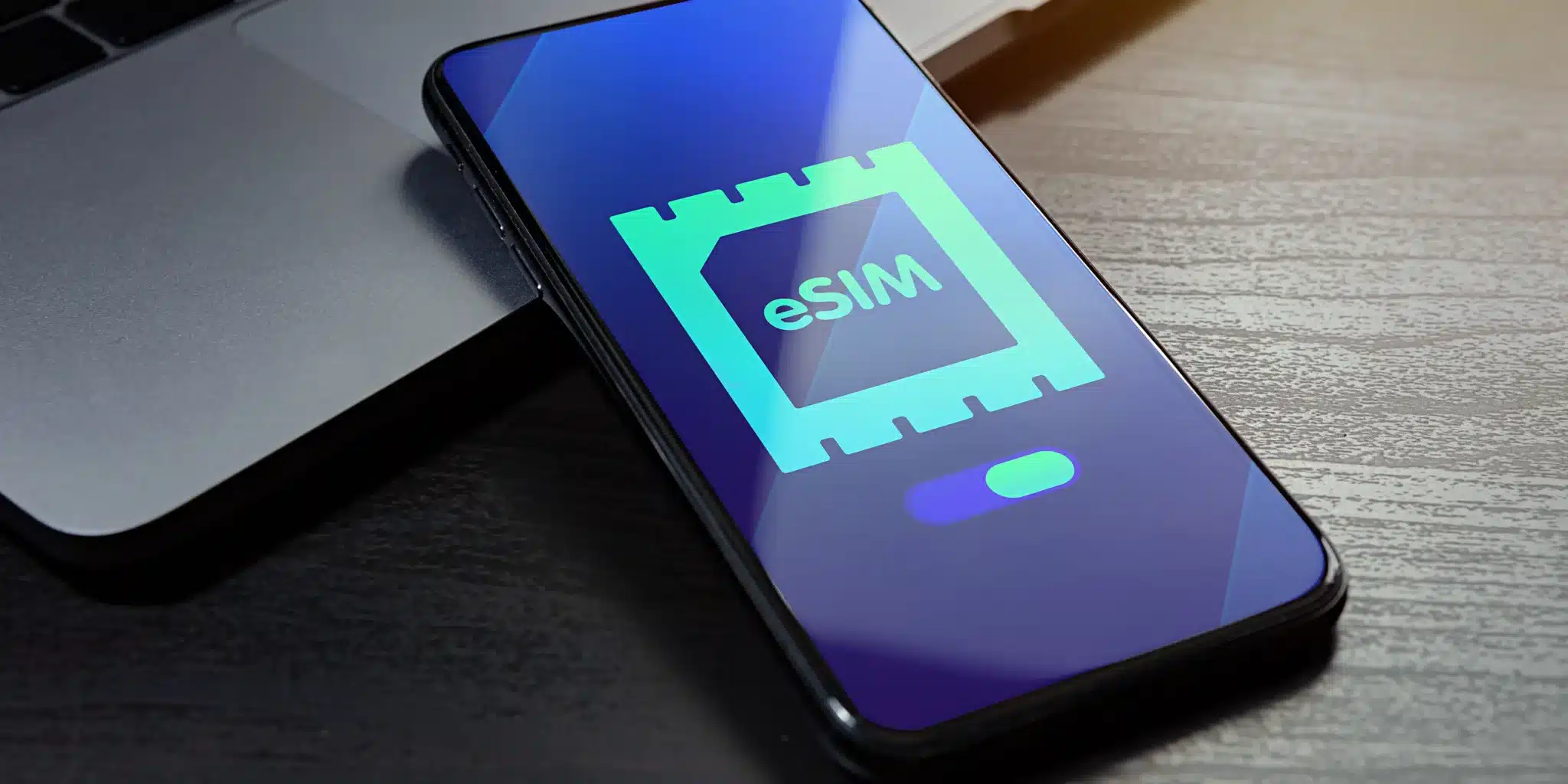In this fast-growing world, technology has taken such a rapid pace that every new development outdates the previous systems. The advent of eSIMs introduced yet another technological jump, which had kept a big question mark against the traditional concept of a physical SIM card.
While eSIMs extend the advantage of flexibility and convenience to users, is it a good choice for anyone? This article discusses some key differences, benefits, and challenges between eSIMs and physical SIM cards that should help you decide which is right. Besides that, we will be discussing services like Esim Plans via https://esim-phones.com/ – a platform providing wide arrays of eSIM solutions to fit into particular regions and purposes.
What is a SIM Card?
Drawing a comparison without an idea of what the SIM card is may not be quite relevant. The Subscriber Identity Module, more commonly known as the SIM card, is a little chip inside mobile phones that helps authenticate your identity at a network provider to make calls, send texts, or use mobile data. While these cards have been the backbone for decades, recent advancements gave birth to its alternative: the eSIM.
What is an eSIM?
An eSIM, short form for embedded SIM, is the digital equivalent of the physical SIM. The chip is not detachable but fits within the device’s hardware. This embedment allows users to connect their devices to a mobile network without needing a physical card.
The coming of the eSIM has obviously made the technology a needed one due to its flexibility in allowing users to change carriers or plans without necessarily having to swap SIM cards.
Vendors like Esim Plans sell various packages online, which can be activated on an eSIM with various connectivity options given globally, but much more efficiently and quickly.
Key Differences Between eSIMs and Physical SIM Cards
Simultaneously, both perform the same basic function: connecting your mobile device to the network. However, several factors set them apart.
Convenience:
- eSIMs: The major benefit of eSIM is that it is much more convenient; it’s easier to switch between different network providers or plans without actually having to change out the physical SIM card. This is kind of a big deal for frequent travelers or people who like to experiment with different data plans.
- Physical SIMs: This involves physically removing the card and replacing it in the case of a normal SIM, which is rather cumbersome and may be quite impractical on an international flight.
Device Compatibility:
- eSIMs: eSIM technology is on an upward trend, but not all phones support the specification. Most flagships and smart recent devices have already begun including eSIM support; think of recent models from the likes of Apple and Google. For those with older or budget phones, though, this does somewhat limit them because, by and large, eSIMs aren’t supported.
- Physical SIMs: Almost every mobile device will accept a physical SIM card. The fact that the SIM card is physical makes it quite easy to be transferred from one device to another, hence very versatile.
Security:
- eSIMs: It is harder to remove eSIMs since they are embedded in the device in case of theft. Moreover, eSIM profiles can be locked or even deleted remotely, hence more controllable.
- Physical SIM cards: While being easily removable and replaceable can be a godsend, that ease creates a certain level of security vulnerability. If someone steals your phone, all he has to do is pull out your SIM, pop it into another device, and voilà, he gets access to your information.
Environmental impact:
- eSIMs: Going digital reduces plastic waste. There is no use of plastic cards and all the packaging that comes with it. It might be a small step, but a greener step.
- Physical SIM Cards: Anytime you are replacing network providers or changing numbers, you will find yourself being issued a new SIM card. And this circle of re-issuance actually causes plastic waste, which is harmful to the environment.
Advantages of Using an eSIM
ESIM technology brings a lot of advantages that make this option really alluring for both tech-savvy people and those who need more flexibility in their mobile plans.
- Global Connectivity: eSIM is very handy for travelers. Instead of purchasing a local SIM card in each country you visit, you can switch networks via software settings. Providers like Esim Plans offer international eSIM solutions, meaning their customers can activate global data plans by themselves in just a few clicks.
- Dual SIM: Most recent smartphones with eSIM capability also provide an option for a physical SIM card insertion, hence allowing dual SIM use. This is useful because one can have his personal and business numbers or even have a local and international SIM active simultaneously.
- Less Clutter: Because an eSIM would be embedded inside the device itself, that eliminates the issue of cluttering with the need to store or replace physical cards.
The Future of SIM Cards
Physical SIMs may slowly disappear with each passing day as eSIMs are adopted more and more. And as these become ubiquitous among manufacturers and network providers, most likely, their convenience, security, and environmental benefits will make them the standard of the future. For example, the various services offered by Esim Plans provide a more digital-first approach to connectivity.
However, it is unlikely that physical SIM cards will disappear overnight. Many regions and carriers still depend on traditional SIM cards, and the transition to eSIM will be gradual. Until then, both coexist and provide users with choices, depending on individual needs and situations.
Conclusion
Ultimately, an eSIM versus a physical SIM card depends on your preference, which device you have, and what exactly you are looking for in service. While eSIMs offer unparalleled convenience, global connectivity, and security, physical SIM cards are universally compatible and equally easy to use.
If you switch carriers frequently or travel overseas, you might want to explore other platforms like Esim Plans to open up new avenues toward seamless connectivity. The future is great for SIM technology, and the continued development of eSIMs will, in the future, cast out the little plastic card we have used for decades into a digital alternative.



